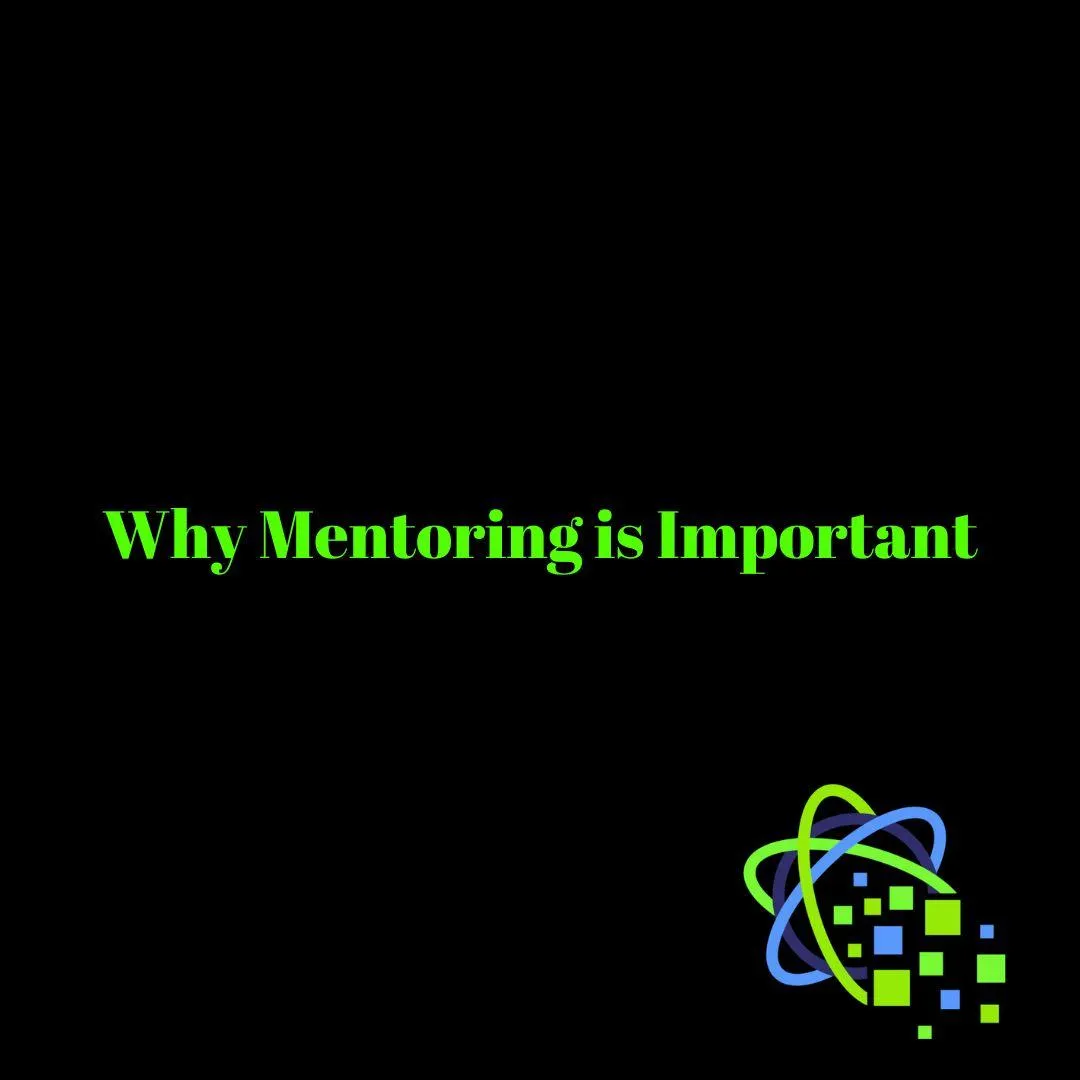
Why Mentoring is Important
Why Mentoring is Important
Mentoring is essentially about relationships. More than meeting program goals or benchmarks, the real benefit of mentoring comes from the relationship built between the youth and the mentor over time. It is this relationship that fosters positive youth development, skill-building, and personal growth that are the touchstones of the mentoring model. Benefits of having a mentor include improved academic outcomes, increased relationship skills, enhanced self-esteem and self-confidence, improved behavior and interpersonal skills, and a reduction in risky behaviors such as drug and alcohol use. If the mentor-mentee relationship can have that much power, imagine how powerful it can be for someone who may not have typical family or community support in their life.
“I never knew what support I had because I just wanted to be out of the system. I wanted to be independent and so I resisted any help they did offer, thinking it was a necessity of my care. Not realizing they were just trying to get me ready for independent living.” -Founder of Foster Kids United
Mentors can be this change. They need someone in their corner rooting them on from a different perspective and as a caring friend. You, as a mentor, also need to be in it for the long haul. These youth need someone who is going to be a constant and consistent friend in their life that they can turn to when they need guidance and support. It’s also important to place a strong focus on social scaffolding: the act of helping youth to build support structures and relationships outside of the system that they know. Social scaffolding is the process through which adults provide guidance for youth in developing relationships and support networks. Some youth can remain distant and have a hard time building relationships, so connecting them with additional resources will give them the necessary support network they will need in the adult world. In addition to being a supportive, caring adult for their mentee, mentors can introduce their mentees to people who can provide assistance and support. A mentor might introduce their mentee to someone who works in the field in which a mentee is interested, for example, or help to set up internships or secondary mentoring relationships with people who have influence in key areas they are interested in.
Foster Kids United provides mentors with training and support around social scaffolding and we have classes and resources to help them better understand how to do this effectively. Please also note that program staff should always follow best practices in ensuring the safety of mentees with these additional relationships as well.
Creating the opportunity for long-term supportive relationships is critical in order to impact on youth who have been in the foster care system. Helping youth learn how to identify sources of support and surround themselves with positive peer and adult relationships can increase the chances that they will successfully transition out of foster care.

Why Mentoring is Important
Why Mentoring is Important
Mentoring is essentially about relationships. More than meeting program goals or benchmarks, the real benefit of mentoring comes from the relationship built between the youth and the mentor over time. It is this relationship that fosters positive youth development, skill-building, and personal growth that are the touchstones of the mentoring model. Benefits of having a mentor include improved academic outcomes, increased relationship skills, enhanced self-esteem and self-confidence, improved behavior and interpersonal skills, and a reduction in risky behaviors such as drug and alcohol use. If the mentor-mentee relationship can have that much power, imagine how powerful it can be for someone who may not have typical family or community support in their life.
“I never knew what support I had because I just wanted to be out of the system. I wanted to be independent and so I resisted any help they did offer, thinking it was a necessity of my care. Not realizing they were just trying to get me ready for independent living.” -Founder of Foster Kids United
Mentors can be this change. They need someone in their corner rooting them on from a different perspective and as a caring friend. You, as a mentor, also need to be in it for the long haul. These youth need someone who is going to be a constant and consistent friend in their life that they can turn to when they need guidance and support. It’s also important to place a strong focus on social scaffolding: the act of helping youth to build support structures and relationships outside of the system that they know. Social scaffolding is the process through which adults provide guidance for youth in developing relationships and support networks. Some youth can remain distant and have a hard time building relationships, so connecting them with additional resources will give them the necessary support network they will need in the adult world. In addition to being a supportive, caring adult for their mentee, mentors can introduce their mentees to people who can provide assistance and support. A mentor might introduce their mentee to someone who works in the field in which a mentee is interested, for example, or help to set up internships or secondary mentoring relationships with people who have influence in key areas they are interested in.
Foster Kids United provides mentors with training and support around social scaffolding and we have classes and resources to help them better understand how to do this effectively. Please also note that program staff should always follow best practices in ensuring the safety of mentees with these additional relationships as well.
Creating the opportunity for long-term supportive relationships is critical in order to impact on youth who have been in the foster care system. Helping youth learn how to identify sources of support and surround themselves with positive peer and adult relationships can increase the chances that they will successfully transition out of foster care.

Why Mentoring is Important
Why Mentoring is Important
Mentoring is essentially about relationships. More than meeting program goals or benchmarks, the real benefit of mentoring comes from the relationship built between the youth and the mentor over time. It is this relationship that fosters positive youth development, skill-building, and personal growth that are the touchstones of the mentoring model. Benefits of having a mentor include improved academic outcomes, increased relationship skills, enhanced self-esteem and self-confidence, improved behavior and interpersonal skills, and a reduction in risky behaviors such as drug and alcohol use. If the mentor-mentee relationship can have that much power, imagine how powerful it can be for someone who may not have typical family or community support in their life.
“I never knew what support I had because I just wanted to be out of the system. I wanted to be independent and so I resisted any help they did offer, thinking it was a necessity of my care. Not realizing they were just trying to get me ready for independent living.” -Founder of Foster Kids United
Mentors can be this change. They need someone in their corner rooting them on from a different perspective and as a caring friend. You, as a mentor, also need to be in it for the long haul. These youth need someone who is going to be a constant and consistent friend in their life that they can turn to when they need guidance and support. It’s also important to place a strong focus on social scaffolding: the act of helping youth to build support structures and relationships outside of the system that they know. Social scaffolding is the process through which adults provide guidance for youth in developing relationships and support networks. Some youth can remain distant and have a hard time building relationships, so connecting them with additional resources will give them the necessary support network they will need in the adult world. In addition to being a supportive, caring adult for their mentee, mentors can introduce their mentees to people who can provide assistance and support. A mentor might introduce their mentee to someone who works in the field in which a mentee is interested, for example, or help to set up internships or secondary mentoring relationships with people who have influence in key areas they are interested in.
Foster Kids United provides mentors with training and support around social scaffolding and we have classes and resources to help them better understand how to do this effectively. Please also note that program staff should always follow best practices in ensuring the safety of mentees with these additional relationships as well.
Creating the opportunity for long-term supportive relationships is critical in order to impact on youth who have been in the foster care system. Helping youth learn how to identify sources of support and surround themselves with positive peer and adult relationships can increase the chances that they will successfully transition out of foster care.
